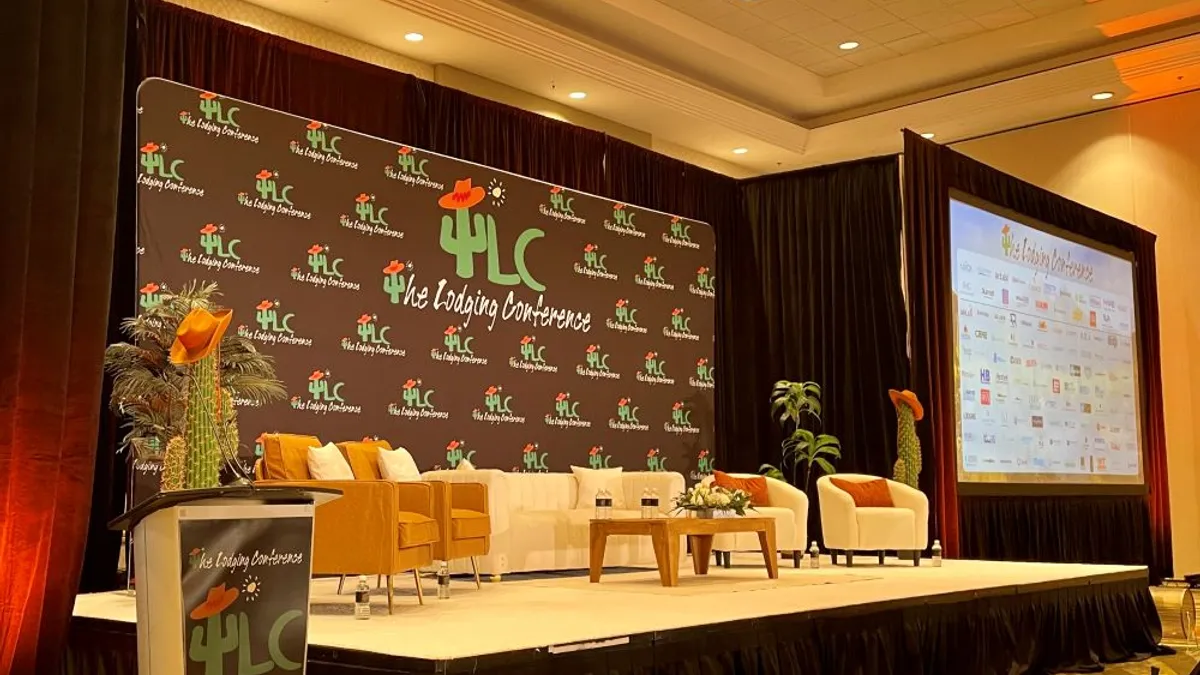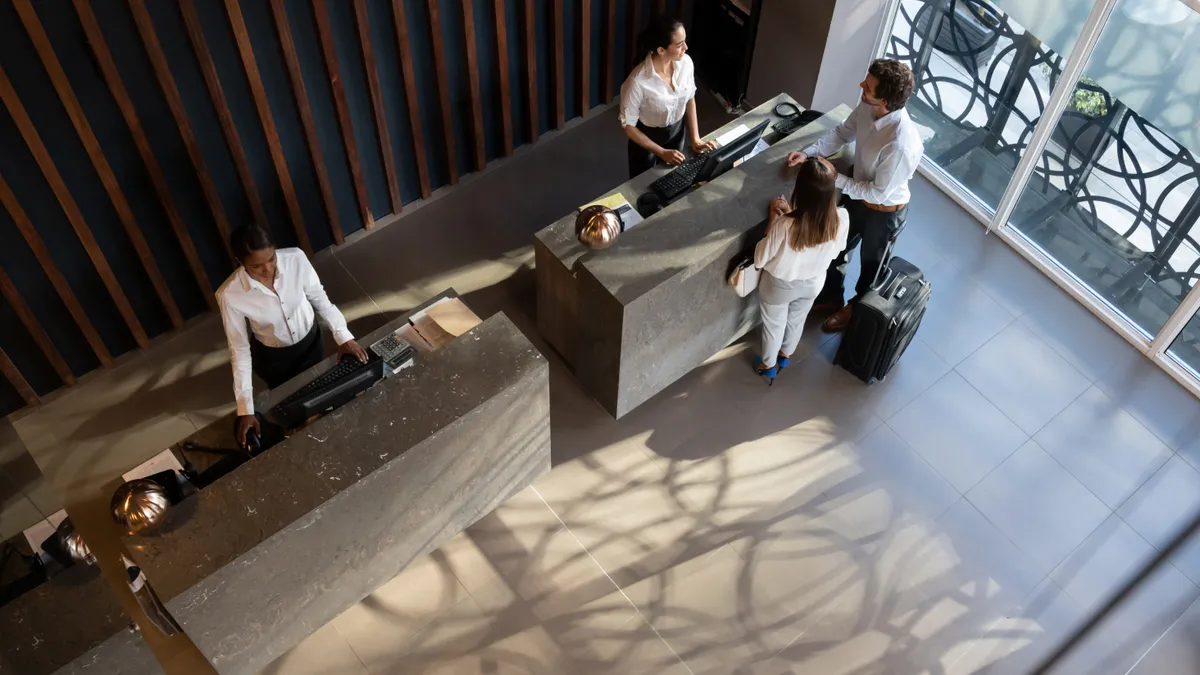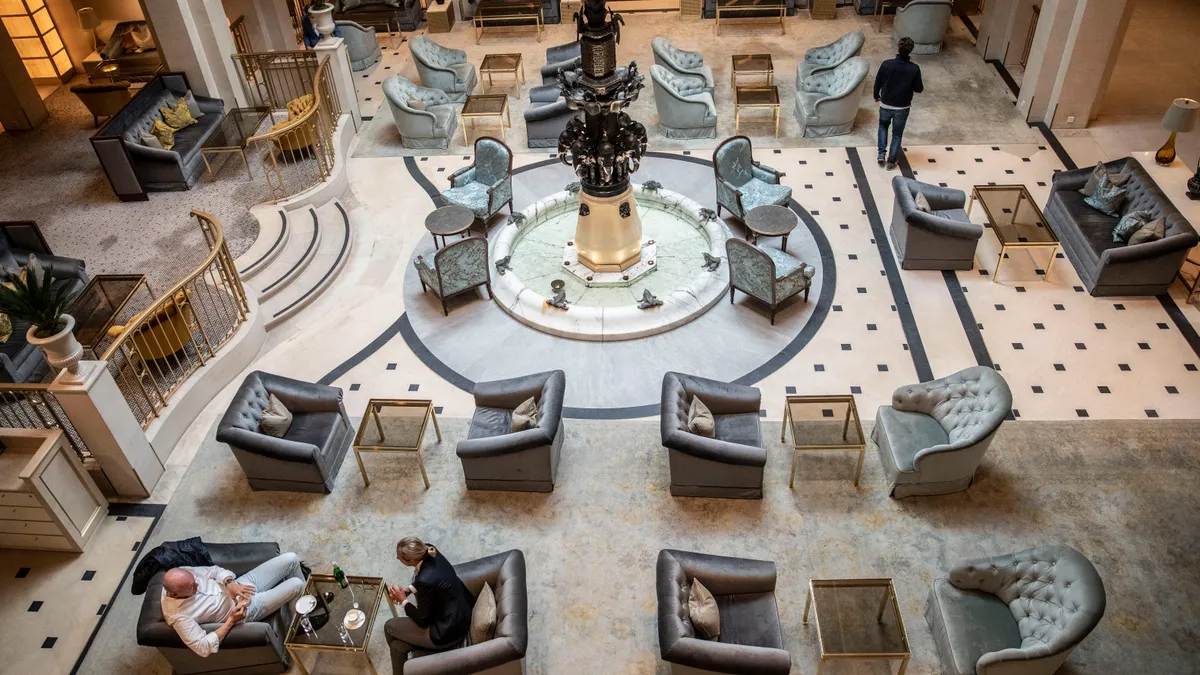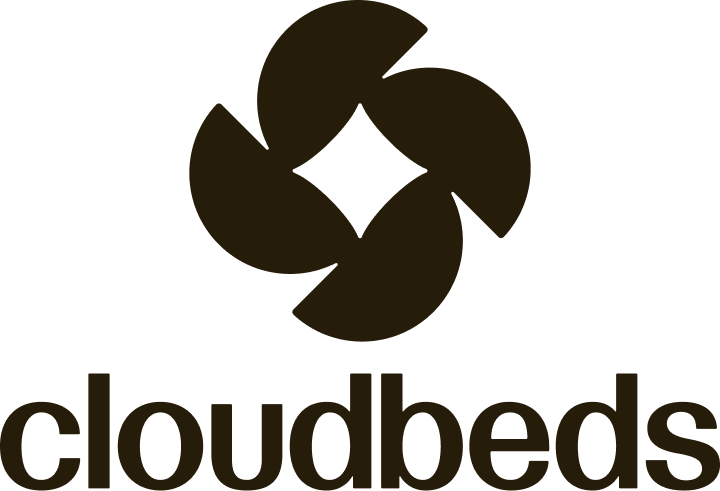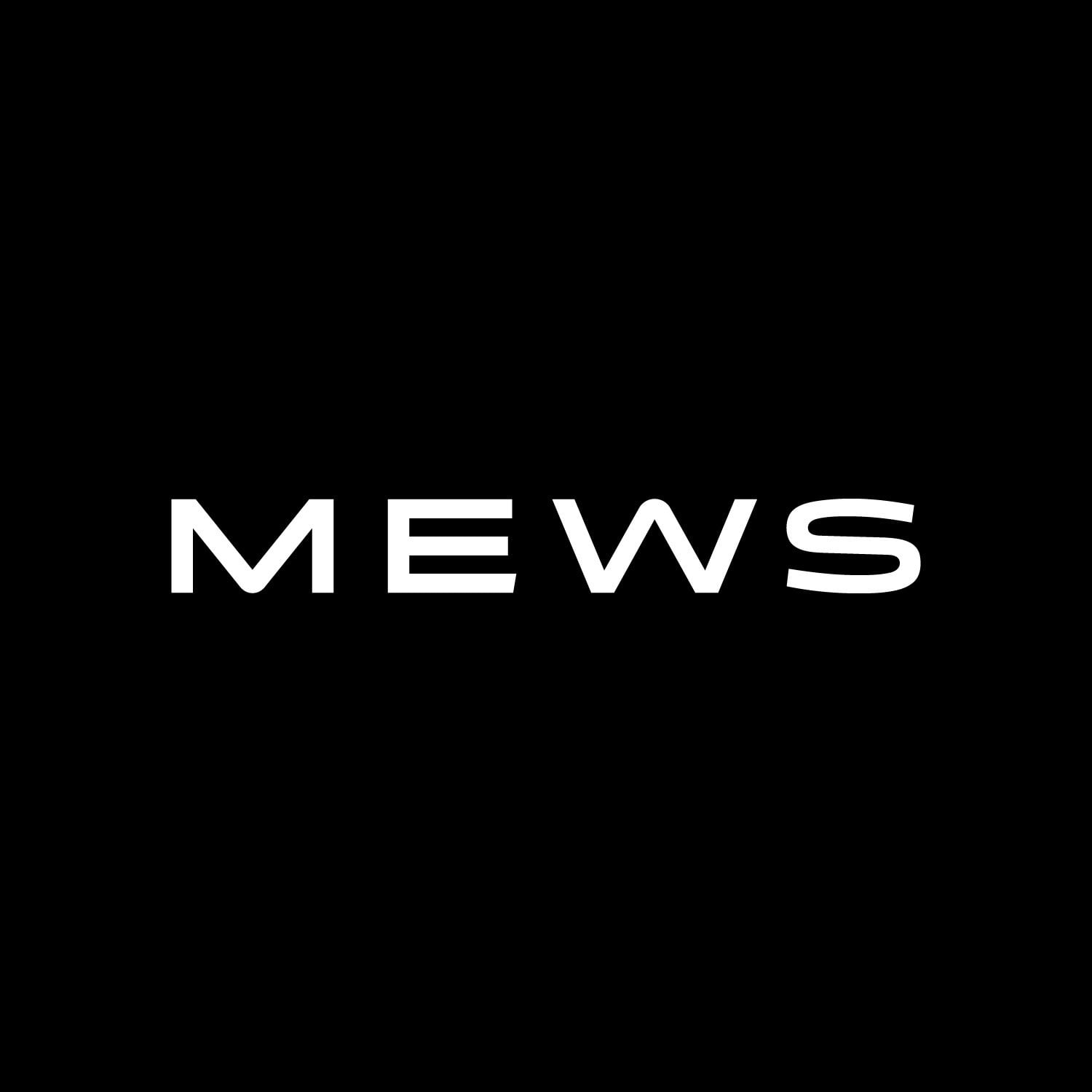At The Lodging Conference last week in Phoenix, hospitality professionals were reasonably optimistic about the state of the industry, albeit not as chipper as during last year’s event.
Economic uncertainty has clouded some of the growth projections leaders had at the end of 2024, but new opportunities have emerged for portfolio expansion and performance gains.
Among the conversations at this year’s conference, several trends stood out. While headwinds remain from tariffs and a turbulent travel environment, bespoke experiences are top of mind for luxury travelers, and artificial intelligence could drive revenue for hotels — if they are quick to adopt.
Hotel Dive sat in on several panel discussions at the conference. Below is an overview of the most notable hospitality industry trends.
1. Headwinds remain
While many hotel industry professionals speculated that the worst of 2025 was behind them, some said tariff headwinds and broad economic uncertainty will remain challenges for the foreseeable future.
“We are facing some challenging headwinds, especially our margin,” said Liam Brown, Marriott International’s group president for the U.S. and Canada. “When we think about the operating cost of the business — labor, insurance, real estate, taxes, debt — it’s all expensive.”
Most hotel segments in the U.S. saw year-over-year gross operating profit losses as of July, amid rising costs, according to CBRE data shared during the conference by Andrea Grigg, senior managing director and global head of hotel asset management at CBRE Hotels.
Regarding tariffs, Choice Hotels International Chief Development Officer David Pepper, speaking during a panel on hotel development, said that despite not being through “the full tariff thing,” the hotel industry is “kind of getting used to this.”
The same is true at the Federal Reserve, he said, noting that the agency cut its benchmark interest rate by 25 basis points last month. Pepper predicted there will be two more rate cuts by the end of this year.
Along with the interest rate cut, which Pepper initially anticipated happening in the first quarter of 2025, construction costs are starting to come down “a little bit,” he said.
Tariffs aren’t the only concern, though. The Trump administration’s rapid and continuous changes to trade policy have led many hotel players to pause their projects “until things settle down,” Marriott CFO Leeny Oberg pointed out, adding, “who knows exactly when that’s going to be.”
2. Downturns bring building opportunities
For hotel developers still looking to grow their portfolios, it could be an opportune time to build something new, according to Pepper.
“It is a great time to build because, typically what happens is, you’re going to open up in two years when the market’s coming back and it’s going strong and the interest rates are good,” he said. “You’re going to refinance and you’re going to be in a really great spot because you’re going to be the newest one in the market.”
Pepper also noted that now is an ideal time for owners to acquire existing hotels, and upgrade and reposition them.
Members of the Asian American Hotel Owners Association are looking to do just that, according to the organization’s 2025-2026 chairman, Kamalesh Patel.
Hilton is also seeing a good amount of conversion activity, Chief Development Officer Christian Charnaux said. Early last week, the hotel company launched upscale collection brand Outset, aimed at bringing boutique hotels with high-end finishes and story-driven designs under the Hilton system.
3. Lifestyle remains popular
Marriott and Wyndham Hotels & Resorts also launched new brands ahead of the conference. Marriott debuted a previously touted outdoors-focused collection brand, while Wyndham launched an economy lifestyle soft brand.
The flags focus on offering unique experiences to guests at a time when “lifestyle brands are super popular,” Marriott’s Oberg said.
Travelers are looking for experiences that feel bespoke and personalized, said Ayesha Molino, president and COO of MGM Resorts International’s Las Vegas properties Aria and Vdara. Molino is set to take over as the company’s chief operating officer when Corey Sanders retires later this year.
Hospitality professionals told Hotel Dive at the top of the year that traveler demand for immersive experiences would pick up throughout 2025. As hotels look to cater to this growing trend, artificial intelligence will lend a helping hand, Molino said.
4. AI is the future
While AI was a buzzword at this year’s Lodging Conference, Molino thinks it could have a real impact on the guest experience going forward.
“We all know that AI presents opportunities for efficiency, and that’s incredibly important, but it also presents opportunities for us to get to know our customers ever better and to get better at anticipating the type of experiences that they're looking for and deliver those in real time,” Molino said. “As we continue to unlock those possibilities, I think we’re going to be able to see revenue generation and customer experience take off in a very correlated way.”
For the hotel industry, it will be about speed to implement the technology, which has been a challenge in the past, according to AAHOA’s Patel.
“Technology in hospitality today, for lack of better words, sucks,” he said. “We are so far behind. The race here is not who adopts what first. I think the race here is going to be who standardizes this and adopts it first.”
While the hospitality industry may “tend to be a little bit slow to adopt” technology, “AI really is going to be transformative,” according to Greg Juceam, president and CEO at Extended Stay America, who said AI has the potential to redefine how travelers search for hotels.
The impact of AI on hotels may be felt sooner than originally anticipated, as the technology rapidly evolves, Red Roof President Zack Gharib said. However, that evolution also comes at an inflection point where hotel revenues are weakened, demand is declining and costs are rising, he said.
“The only thing going faster than AI these days is my hair turning gray,” Gharib joked. “AI adoption is very exciting. I think it helps us drive revenue. It helps us save costs. Stay true to your culture and your strategic plan, and I think you can find the right tools to help you mitigate [any conflicting] issues.”


